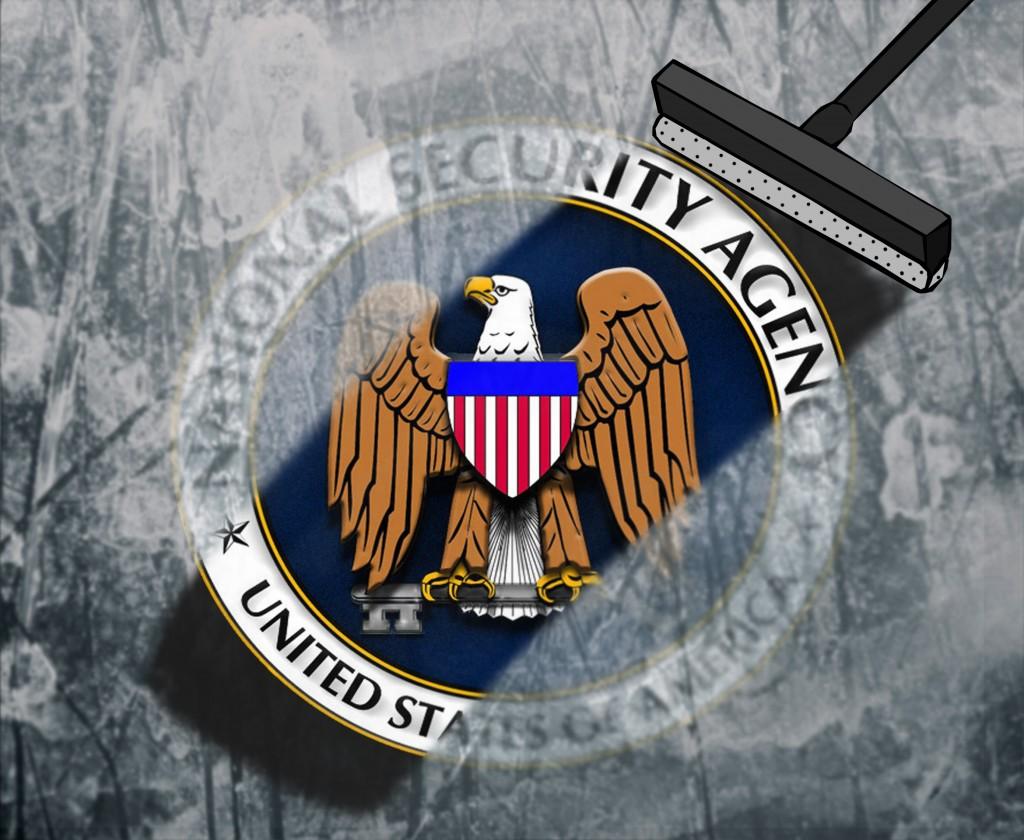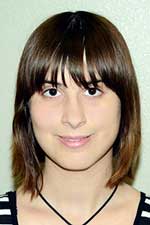By Kenney Kost/editor-in-chief
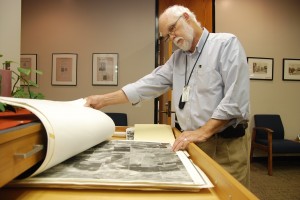
NE Campus’ Heritage Room is home to many artifacts from around the globe and a vast catalog of North Tarrant County history for use as an educational archive for TCC students, faculty and staff as well as the surrounding community.
Leading up to the Bicentennial in 1976, interest in history and archiving piqued. People from around the community began donating artifacts, primary source manuscripts and books to the TCC archive.
“It really got going in the ’70s,” director of records management Nigel Parker said. “When [archivist] Tom [Kellam] and I got started on getting it organized, it was in total disarray. We really thought we would only keep about 50 percent of what we saw. It turned out that we kept about 90 percent.”
It wasn’t always unorganized, Kellam said. The archive began as a teaching project, and students helped in compiling, filing and storing the materials.
“It was a very active archive for local historians and within the TCC community,” he said. “It was used as a teaching tool here, and our goal is to make sure it is still being used for that.”
Former TCC anthropology professor Al Moegger’s family made a large donation on his behalf, Kellam said.
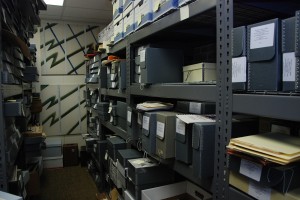
“The Moegger family donated his entire collection of photographs and artifacts,” Kellam said. “He was an accomplished photographer and traveled the world studying various cultures.”
Part of the archive is used for permanent records that the state requires TCC to keep along with various other college records. It’s the other half, the Special Collection, which can be used in history, anthropology, sociology and literature curriculum, NE director of library services Mark Dolive said.
“Per state law, we are required to keep some things permanent, so that was the original intent,” Parker said. “The fact that we have a unique Special Collection is a plus.”
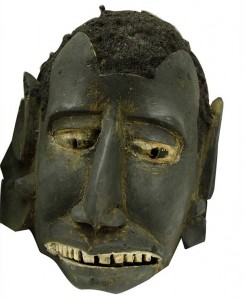
The Special Collection contains several artifacts from Peru, Asia, Africa, Papua New Guinea and other locales from around the world, Kellam said.
It also contains many manuscripts from North Tarrant County history that can be used as primary source material in research projects as well as other artifacts such as antique books and a wanted poster collection dating back to the early 1800s.
“A lot of the stuff needs to be restored, and the process is going to be tough, but we are up to it,” Kellam said. “We recently secured a records center space to lease, which opens up space to get started on the preservation and conservation on some of the stuff that really needs it.”
Kellam and Parker want to digitize as much of the archive as they can, so it can be easily accessed. However, students, faculty, staff and the surrounding community are welcome to visit the Heritage Room.
“We are preserving history, and we want it to be used,” Parker said.
Dolive shared their sentiments, hoping people will visit and see all the archive has to offer.
“This is a true archive,” he said. “The book collection, wanted posters and the other stuff are pieces of history that students can see and touch. It’s a really neat teaching collection that TCC and the local community can take advantage of.”
























